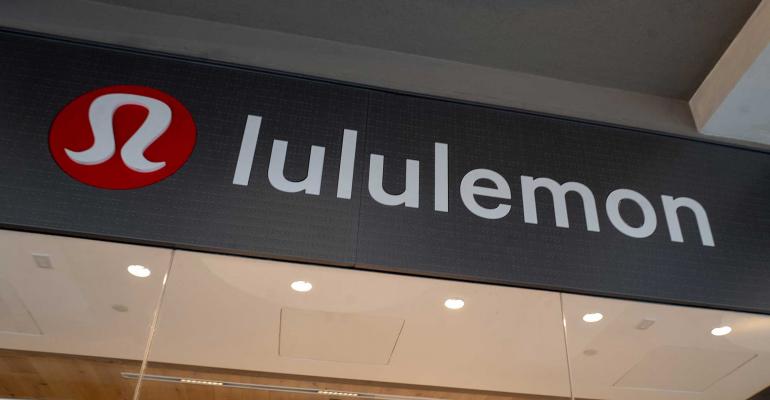 Smith Collection/Gado/Archive Photos/Getty Images
Smith Collection/Gado/Archive Photos/Getty Images(Bloomberg)—The pandemic may have wiped out demand for apparel and
Unlike some overstretched competitors, the upscale purveyor of yoga pants is still at an early stage of growth, according to Chief Executive Officer Calvin McDonald. In a recent video interview, he laid out the company’s case for expansion amid the tumult, saying that Lululemon’s stores are small and profitable, while serving as an anchor for the brand’s loyal customers.
“We may adjust slightly, but there’s still enough room for growth,” said McDonald, who took over the Vancouver-based company two years ago.
Lululemon, known for its $98 yoga pants and $58 tank tops, has benefited from enduring demand for comfortable clothes during the Covid-19 crisis, even as most apparel categories have struggled. The company’s online sales have soared, buoying the chain while it was forced to close stores for several weeks.
While productivity hasn’t fully recovered in reopened stores, sending shares down recently, the company is taking a long-term view with landlords. Lululemon has paid full rent throughout the crisis -- a contrast to brands like Gap Inc. that suspended some payments. McDonald said he hopes the move pays off as some retailers are forced out of prime spots.
“We are a growth retailer that works well for landlords,” he said. “When opportunity in great locations come up I think that goodwill will pay dividends for us.”
Lululemon’s shares climbed 31% this year through Thursday.
Global Growth
The company has about 500 stores worldwide, with 370 in North America. While most new locations are opening overseas, especially in China, Lululemon hasn’t stopped expanding in the U.S.
Lululemon has tried to build a community of followers and repeat customers with free classes, sports events and support for local “ambassadors” -- athletes and yoga practitioners known as yogis. That aspect is essential to the store-expansion strategy, McDonald said: “If our physical existed only to transact, I would think differently.”
Recent experiments also justify more space, he said. They include experiential stores, which debuted in Chicago last year, with gym and cafe features. There’s a paid membership program that comes with exclusive classes. The company also plans to start selling Mirror, an exercise device streaming on-demand workouts that Lululemon recently acquired, at some U.S. locations this year.
See Also: Lululemon, Once Chided for Body-Shaming, to Offer Larger Sizes
There are new apparel products coming as well. Lululemon has devoted more square footage to men’s outfits as part of a goal to double revenue in that category by 2023. And within 12 to 18 months, the brand will unveil its own footwear line, according to McDonald. The foray into the highly competitive space is not accounted for in the company’s five-year financial targets.
“We’re going to take a test-and-learn approach,” said McDonald, who was a top executive at LVMH’s beauty chain Sephora before joining Lululemon.
--With assistance from Kim Bhasin and Jordyn Holman.
© 2020 Bloomberg L.P.





